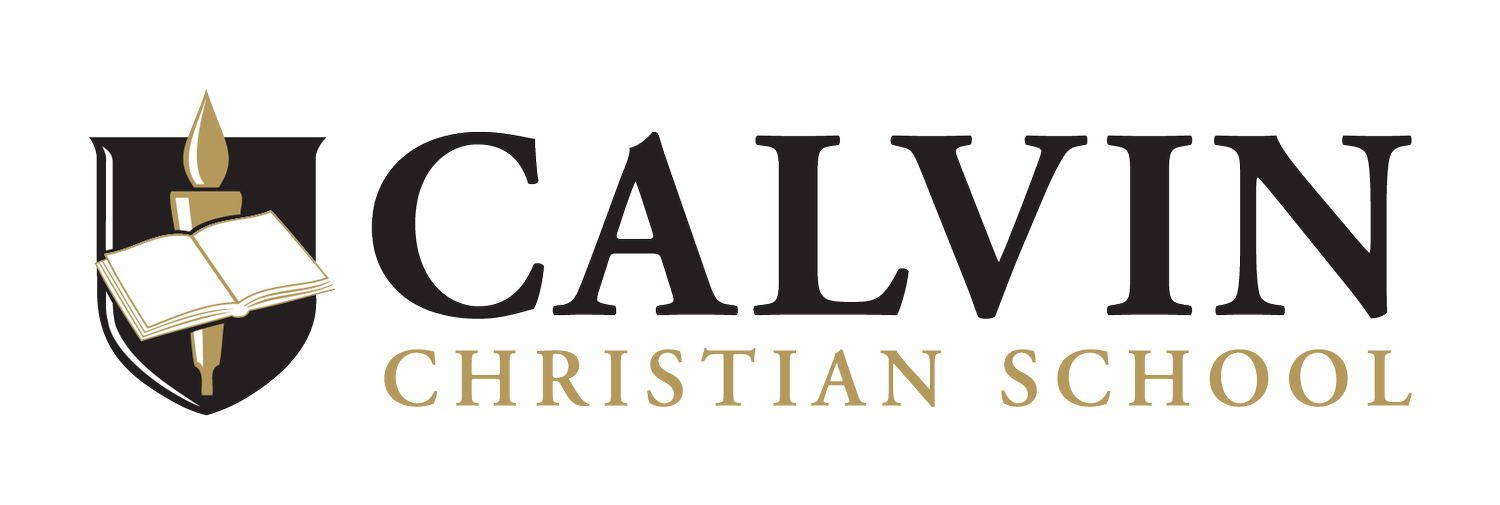Impressive students were everywhere I looked this week, and there were a lot of places to look.
Basketball fixtures
Showcase performances and presentations
Tournament of Minds preparations for the final this Saturday 7 September
ICAS tests in the Primary School
Year 9 students collecting for Legacy
Building Bridges training for leaders
The vocal group performing at the City of Clarence Eisteddfod
German students competing in the Goethe poetry competition.
These were just some of the major activities this week.
“In these situations, and so many more, students are seeing personal improvement and teamwork as the status quo”
These folk were impressive in a host of different ways. Some displayed great virtuosity, like Daniella Knibbe, Imogen Brouwer and Zac Vonk who astounded us with their solo music performances.
Others, like the Year 9 students collecting for Legacy and the Year 10—11 leaders training for Building Bridges stepped into relative degrees of the unknown for the benefit of others. There was even a lovely friendly rivalry between the boys and girls collecting for Legacy to see who collected the most.
The vocal ensemble stepped out to perform in a new competition and acquitted themselves exceptionally well in the judge’s commentary.
In the basketball our Division One team defeated Friends’ School, our Year 10 girls team defeated St Mary’s College, and our Year 8 girls were defeated by Sacred Heart College. These players have embraced the improvement required to perform in a more competitive and skilled competition.
In these situations, and so many more, students are seeing personal improvement and teamwork as the status quo, and the raison d’être of what we do.
We continue to define ‘impressive’ and ‘having a go’ as giving something your best shot and participating. We continue to encourage students to believe that they are better for trying, reaching and, yes, even failing. We have vanquished the defeatist spirit of ‘at least we were not last’ that once existed at Calvin. There was no evidence of that spirit this week. We continue to endorse the vital outlook of stepping out of your comfort zone.
“Impressive was everywhere!”
A mentor once explained the role of the Holy Spirit through the metaphor of a young boxer’s fight coach. The coach of a young boxer needs to select opponents for bouts that will be neither too hard nor too easy. The fight coach knows that matching a novice against a world champion is pointless for learning and dangerous for welfare. An opponent that is too easy produces overconfidence and complacency. The fight coach knows that the right opponent exposes weakness and recruits improvements in skill and attitude.
The fight coach is an appropriate metaphor for the work of the Holy Spirit. It is this same approach that frames how our staff work with students and how our co-curricular and academic programs position students for growth.
You could physically see this at work this week. Impressive was everywhere!
Iain Belôt – Principal



